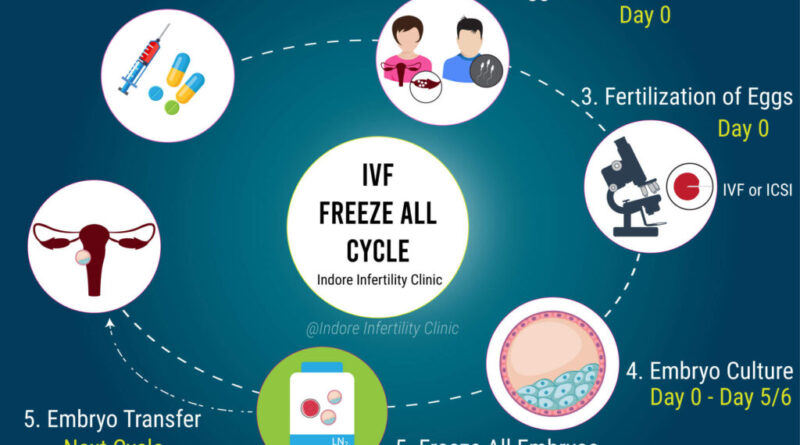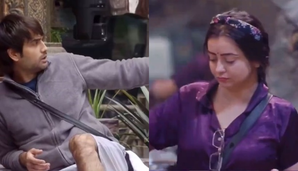Ahmedabad, July 17: A 30-year-old woman, Neha (name changed), successfully conceived after receiving treatment at Indira IVF, Ahmedabad. Neha had been struggling with fertility issues for long due to Diminished Ovarian Reserve (DOR), characterized by an extremely low Anti Müllerian Hormone (AMH) level of 0.08 ng/ml at a young age. Her journey to motherhood took a positive turn following ART treatment at Indira IVF, culminating in the successful delivery of two healthy babies.
Neha had been trying to conceive for several years after her marriage. Struggling with unexplained infertility issues, she had lost hope of becoming a mother. However, her partner convinced her to consult a fertility specialist for potential treatment options to help realize her dream. The team of experts at Indira IVF Ahmedabad, led by Dr. Parth Joshi, employed a ground-breaking approach using repeated ovarian stimulation to obtain good quality embryos.
Neha underwent her first ICSI cycle in which a single mature oocyte was retrieved and one good blastocyst stage embryo was formed. A second ovarian stimulation was done to pool more embryos, from which another blastocyst formed out of 2 mature oocytes. Both embryos were transferred together in the subsequent HRT cycle, resulting in Neha’s pregnancy and the delivery of two healthy babies.
Dr. Parth Joshi, Centre Head at Indira IVF, Ahmedabad, who spearheaded the treatment, said, “This kind of case offers hope to women with diminished ovarian reserve, a health condition being observed in many females at a very young age today. Their reserves are like that of much older women. Despite limited oocytes, we cultivated high-quality embryos using advanced techniques. Our comprehensive care included nutritional and stress management support. This holistic, technology-driven approach achieved what was once thought impossible, highlighting the potential of ART in fertility treatment.”
In total, two IVF stimulation cycles resulted in the retrieval of three oocytes, from which Indira IVF’s embryology team successfully cultivated two high-quality embryos. Following the embryo transfer, Neha’s pregnancy was confirmed and two fetal heart rates were observed 15 days after the biochemical pregnancy confirmation. Regular ultrasonography and genetic screenings were conducted throughout the pregnancy to ensure proper fetal development. The transferred embryos led to a successful twin pregnancy, resulting in the delivery of two healthy babies.



